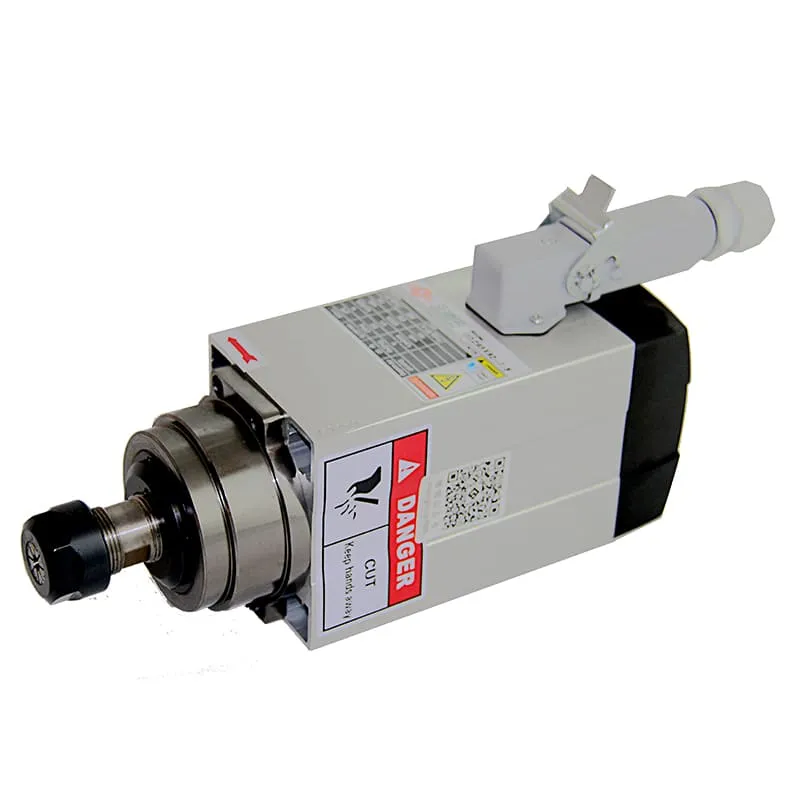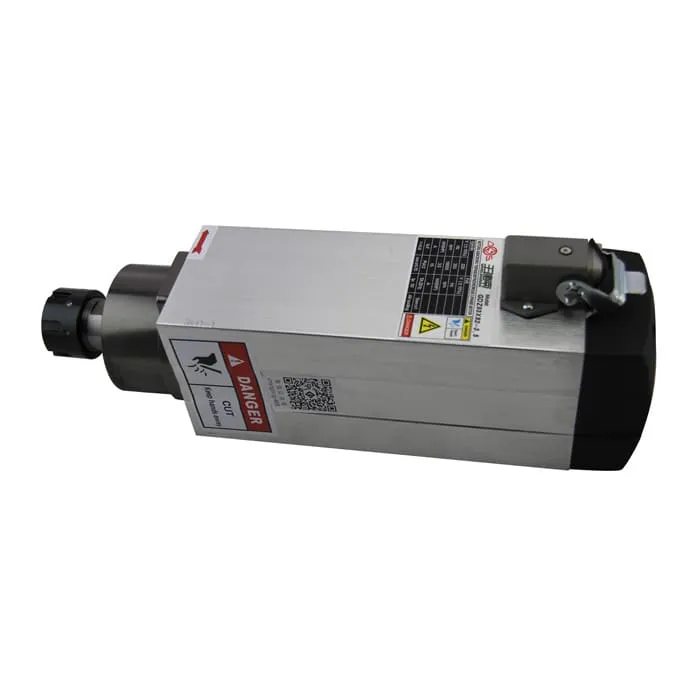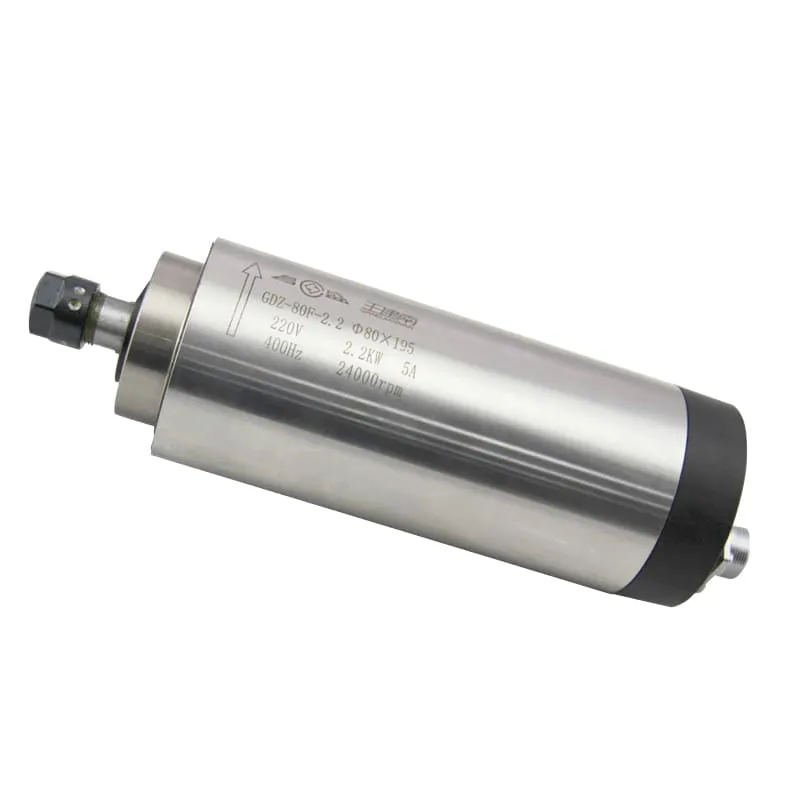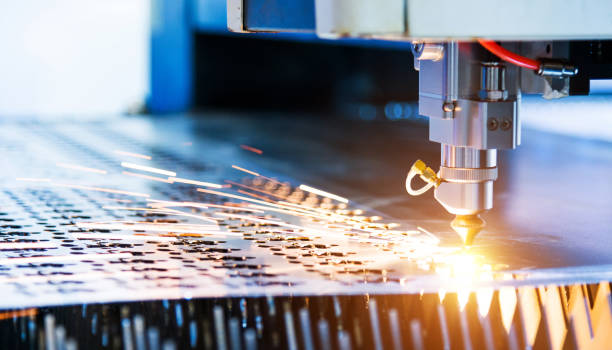What Does a CNC Router Do?
CNC routers are one of the most versatile and essential tools in both home workshops and industrial manufacturing settings. They offer a blend of precision, automation, and efficiency, making them invaluable for a wide range of tasks that involve cutting, shaping, and detailing various materials. But what exactly does a CNC router do, and why is it such a popular choice among professionals and hobbyists alike? In this article, we’ll explore the diverse capabilities of CNC routers, how they work, and the industries that benefit the most from this revolutionary tool.
What is a CNC Router?
A CNC router is a computer-controlled cutting machine used for cutting and engraving materials such as wood, metal, plastic, and foam. CNC stands for Computer Numerical Control, meaning that all of the router’s movements are directed by computer software. This automation allows for an incredibly high level of precision and consistency, making CNC routers suitable for a broad range of industries, from woodworking to metal fabrication.
The CNC router typically consists of several main components:
- Spindle: The motor that holds and rotates the cutting tool.
- Bed/Table: The surface where the workpiece is placed and secured.
- Controller: The computer unit that controls the movements of the spindle and the bed.
- Axes (X, Y, Z): The directions along which the spindle moves to perform cuts.
For precision and quality, choosing the right spindle for your router is crucial. For example, the 1.5KW ER11 Square Air-Cooled Spindle with Flange is a powerful spindle perfect for both beginner and professional users looking for quality output.

How Does a CNC Router Work?
To understand what a CNC router does, it’s essential to first understand how it works. The process starts with creating a design using CAD (Computer-Aided Design) software. This design is then converted into G-code, which serves as the instructions for the CNC router.
1. Designing the Part
- CAD Software: This is where you design the part you want to create. CAD software such as Fusion 360 or AutoCAD lets you draft detailed designs.
- G-Code Generation: Once the design is finalized, it’s converted into G-code using CAM (Computer-Aided Manufacturing) software. G-code dictates every movement the CNC router needs to make.
2. Setup and Material Placement
The material to be cut—whether wood, metal, or plastic—is placed on the router bed. Securing the workpiece correctly ensures accurate cuts and prevents movement during operation.
- Securing the Material: The material is held in place using clamps or a vacuum bed.
- Tooling: The router bit, also called a cutting tool, is then selected based on the material type and the kind of cut you need.
For more demanding projects that require different cutting capabilities, a powerful spindle like the 3.5KW ER25 Air-Cooled Spindle can help ensure efficiency and precision.

3. Cutting Process
Once everything is in place, the CNC router is activated, and the G-code tells the machine how to move the cutting tool along the X, Y, and Z axes. The cutting process can involve different types of operations such as:
- Profile Cutting: Cutting along the edge of a design.
- Pocketing: Removing material from the inside of a closed boundary.
- Engraving: Creating intricate designs on the surface of the material.
The precision of CNC routers ensures each cut is accurate, making it possible to produce parts with high tolerances.
Types of CNC Routers
CNC routers come in a variety of types, each suited for specific applications and user needs. Below are some of the common types:
1. Hobbyist CNC Routers
Hobbyist CNC routers are designed for smaller projects and are popular with home users or small business owners looking to create custom furniture, signs, or decorative items.
- Size: Typically compact, making them suitable for home workshops.
- Cost: More affordable than industrial models, usually ranging between $1,000 and $5,000.
2. Industrial CNC Routers
These routers are used in large-scale manufacturing facilities for heavy-duty applications. They are designed to cut a wide range of materials, including metals like aluminum and steel.
- Powerful Motors: Industrial models often come with more powerful spindles such as the 4.5KW ER32 Air-Cooled Spindle to handle demanding projects.
- Precision: High-precision parts that require tight tolerances are best manufactured with industrial CNC routers.

3. Desktop CNC Routers
Desktop CNC routers are a scaled-down version, ideal for classrooms, small workshops, or those new to CNC technology. These machines provide enough power for soft materials like foam and plastic.
- Portability: Easy to transport and set up.
- User-Friendly: Desktop CNC routers are often designed with beginner-friendly interfaces.
Key Capabilities of a CNC Router
CNC routers can perform a variety of operations, making them versatile tools for many industries. Let’s explore some of their key capabilities:
1. Cutting and Shaping
CNC routers excel at cutting and shaping materials. The cutting tool can move along the X, Y, and Z axes, allowing for both 2D and 3D cuts. Whether it’s a simple cut-out or a complex 3D shape, CNC routers can do it all.
- Profile Cuts: These cuts follow the edge of the material, creating outlines of shapes.
- 3D Milling: CNC routers can carve detailed 3D shapes, which is ideal for intricate designs in woodworking and metalworking.
2. Drilling and Pocketing
Drilling and pocketing are also common operations for CNC routers. Pocketing involves removing material from a defined area, often used for creating shelves, slots, or cavities in the material.
- High Precision: The machine ensures that each hole is drilled in the exact location specified in the CAD design.
- Repeatability: Once a program is created, it can be used repeatedly, ensuring consistent results across multiple parts.
3. Engraving and Sign Making
Engraving is another capability of CNC routers. They are often used for making custom signs, artworks, or engraving text and images on various surfaces.
- Engraving Depth: The depth of engraving can be easily controlled, allowing for intricate details.
- Versatile Applications: This makes CNC routers popular in the signage industry for creating outdoor and indoor signs.
Materials Used with CNC Routers
CNC routers are highly versatile when it comes to the types of materials they can work with. Let’s look at some of the materials commonly used:
1. Wood
Wood is one of the most popular materials for CNC routers. From plywood to hardwoods, these machines can handle different wood types with ease.
- Cabinet Making: CNC routers are widely used in the furniture and cabinet making industries for their ability to create precise cuts and decorative details.
- Carvings: Creating intricate carvings and designs is made simpler with the router’s high precision.
2. Metals
For those looking to cut metal, CNC routers are also capable of handling softer metals like aluminum and brass. However, for cutting harder metals, more powerful spindles and specific cutting tools are required.
- Aluminum Parts: CNC routers can create custom aluminum parts used in automotive and aerospace applications.
3. Plastics and Composites
Materials like PVC, acrylic, and fiberglass are also compatible with CNC routers. The precision of CNC technology makes it easy to work with delicate materials without causing cracks or damage.
- Signage: Acrylic is a common material used for signage, and CNC routers can cut it smoothly to avoid chipping.
Industries That Use CNC Routers
CNC routers are used across numerous industries thanks to their versatility and precision. Let’s explore a few key industries:
1. Woodworking Industry
The woodworking industry is one of the largest users of CNC routers. These machines are ideal for cutting, carving, and shaping wood into furniture, decorative pieces, and more.
- Furniture Manufacturing: CNC routers can cut pieces for tables, chairs, and other furniture with high accuracy.
- Decorative Items: Creating intricate details and decorative patterns is made easier with CNC technology.
2. Signage and Advertising
The signage industry relies heavily on CNC routers for making custom signs from various materials, including wood, plastic, and metal.
- Precision Engraving: CNC routers can engrave letters and images with extreme precision, which is ideal for business signs and artistic displays.
3. Aerospace and Automotive
In the aerospace and automotive sectors, CNC routers are used to create lightweight components from aluminum and composite materials.
- Precision Parts: The precision offered by CNC routers is crucial for creating parts that need to fit perfectly.
Frequently Asked Questions (FAQs)
1. What materials can a CNC router cut?
A CNC router can cut a variety of materials, including wood, metal, plastic, and foam. The right spindle and tooling will depend on the specific material and the desired outcome.
2. Is a CNC router easy to use?
While there is a learning curve, many CNC routers come with user-friendly interfaces. Once you get the hang of the CAD/CAM software, CNC routing can be very intuitive.
3. What industries use CNC routers?
CNC routers are used in industries like woodworking, signage, automotive, and aerospace due to their versatility and precision.
4. How do I choose the right spindle for my CNC router?
Choosing the right spindle depends on the type of material you’re cutting and the power required. Spindles like the 3.5KW ER25 Air-Cooled Spindle are great for demanding tasks.
5. Can I use a CNC router for personal projects?
Yes, hobbyist CNC routers are available for personal projects like furniture making, custom decorations, and artwork.
Conclusion
CNC routers are powerful and versatile tools that have changed the face of manufacturing and design. From cutting intricate shapes in wood to crafting metal components with precision, CNC routers serve a wide range of functions across numerous industries. Understanding what a CNC router does and the capabilities it offers can help you leverage this technology for your projects, whether you are a professional or a hobbyist. If you’re interested in finding the right spindle for your CNC router, be sure to explore the range available at SpindleMotorShop, where you’ll find options suitable for every type of project.

